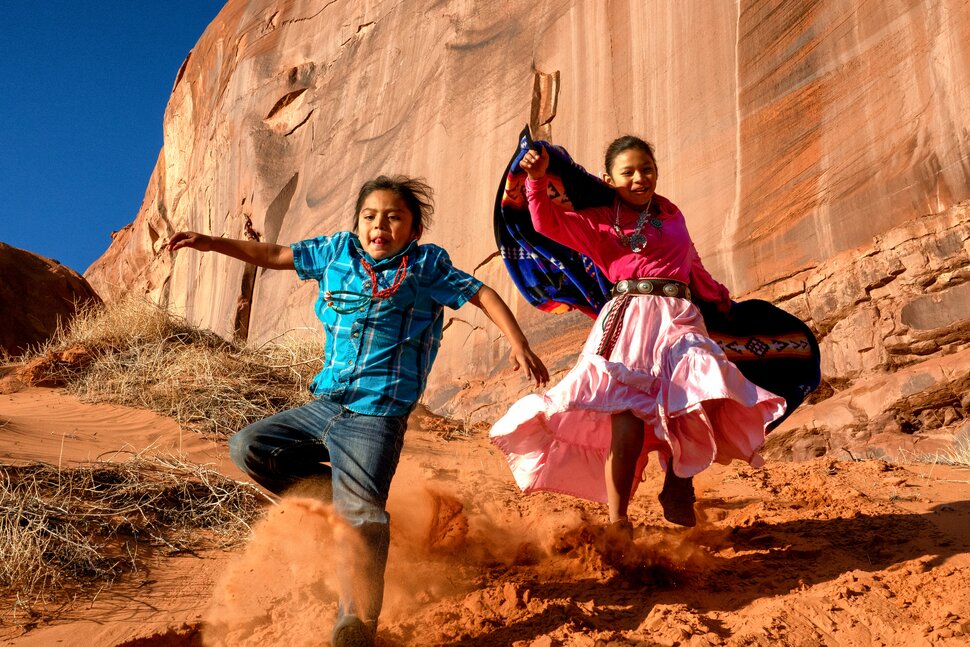Discover why Indigenous Peoples Day is replacing Columbus Day in the United States and its impact on education. Explore the history, controversy, and resources for a more inclusive perspective. Written by Susan C. Faircloth, a professor at Colorado State University.
Why Is Indigenous Peoples Day Replacing Columbus Day?
Indigenous Peoples Day has been making its way onto calendars across the United States, signaling a significant shift in how the nation commemorates historical events. For centuries, Columbus Day has been observed in the U.S. to honor Christopher Columbus, the explorer who is credited with “discovering” the New World. However, in recent years, a growing number of states have chosen to replace Columbus Day with Indigenous Peoples Day, a holiday designed to celebrate the rich cultures and histories of the indigenous peoples who inhabited the Americas long before and after Columbus’s arrival.
The Controversy Surrounding Columbus Day
For many indigenous communities, Columbus Day has long been a contentious holiday. Instead of being seen as a heroic discoverer, Columbus is viewed as a colonizer whose arrival marked the beginning of a painful history of land seizure, violence, and the erosion of indigenous ways of life.
The Emergence of Indigenous Peoples Day
In 1990, South Dakota, a state with a significant Native American population, became the first to officially recognize Native Americans’ Day, now commonly referred to as Indigenous Peoples Day in other parts of the country. Since then, more than a dozen states, including Alabama, Alaska, Hawaii, Idaho, Iowa, Louisiana, Maine, Michigan, Minnesota, New Mexico, North Carolina, Oklahoma, Oregon, South Dakota, Vermont, Virginia, and Wisconsin, have followed suit.
Changing Perspectives Through Indigenous Peoples Day
Indigenous Peoples Day offers educators an opportunity to reevaluate how they teach the history of Columbus’s arrival, which has often been portrayed in a sanitized manner. This revision allows educators to address the tensions between different perspectives and present a more accurate narrative. Research has revealed that many K-12 schools do not adequately represent indigenous peoples, often portraying them as relics of the past. By updating curricula to reflect both historical and contemporary narratives, educators can provide a more comprehensive understanding of indigenous cultures, histories, and traditions.
Resistance and Pushback
The transition from Columbus Day to Indigenous Peoples Day has faced resistance from communities across the nation. In 2021, for instance, parents in Parsippany, New Jersey, protested their local school board’s decision to replace Columbus Day with Indigenous Peoples Day. Their concerns included a perceived lack of community input, the desire to honor the legacy of Italian immigrants, and a call for a more balanced portrayal of Columbus. In response, the school board opted to remove the names of holidays from the calendar, referring to them simply as “days off.”
Recommended Resources for Indigenous Peoples Day
For those interested in learning more about Indigenous Peoples Day and its significance, two valuable resources are “Lies My Teacher Told Me About Christopher Columbus” by sociologist and educator James Loewen and “An Indigenous Peoples’ History of the United States for Young People” by historian Roxanne Dunbar-Ortiz. These books shed light on the impact of Columbus’s arrival on indigenous communities in the Americas and the vital role of indigenous peoples in the nation’s founding. Such perspectives are often omitted in K-12 education.
Additional resources can be found through organizations like the National Museum of the American Indian, Learning for Justice, and IllumiNative. These organizations offer a range of materials, including lesson plans, books, and videos that showcase the diversity of Native American peoples and tribes. For instance, IllumiNative’s lesson plans not only educate students about Indigenous Peoples Day but also emphasize the importance of protecting the environment as a means of ensuring the economic self-determination and self-sufficiency of Native nations.
About the Author: Susan C. Faircloth, an enrolled member of the Coharie Tribe of North Carolina and a professor of education at Colorado State University, provides valuable insights into the history and significance of Indigenous Peoples Day in American education.
This article is republished from The Conversation under a Creative Commons license. Read the original article.
also read Putin’s Vision for New world
